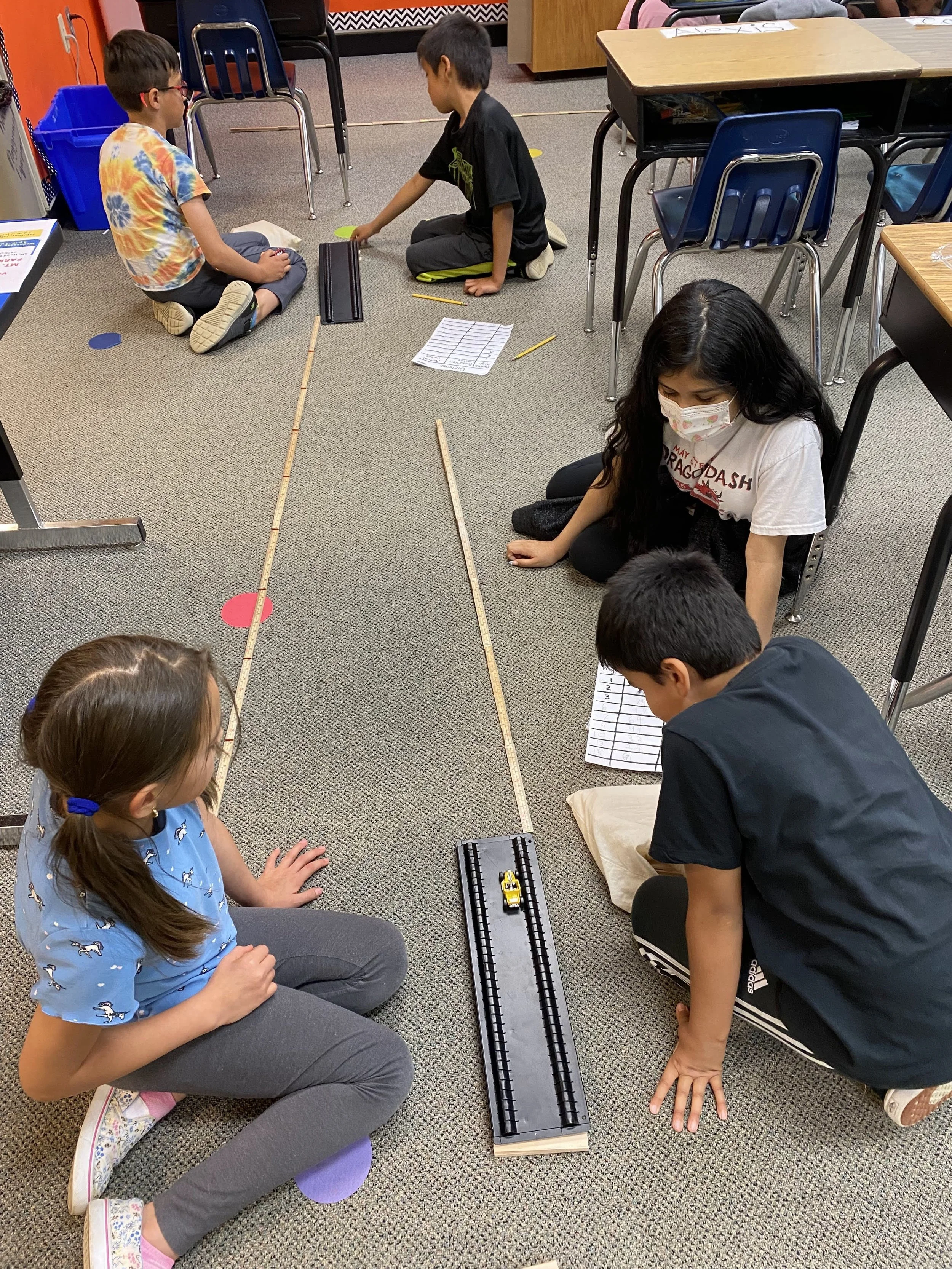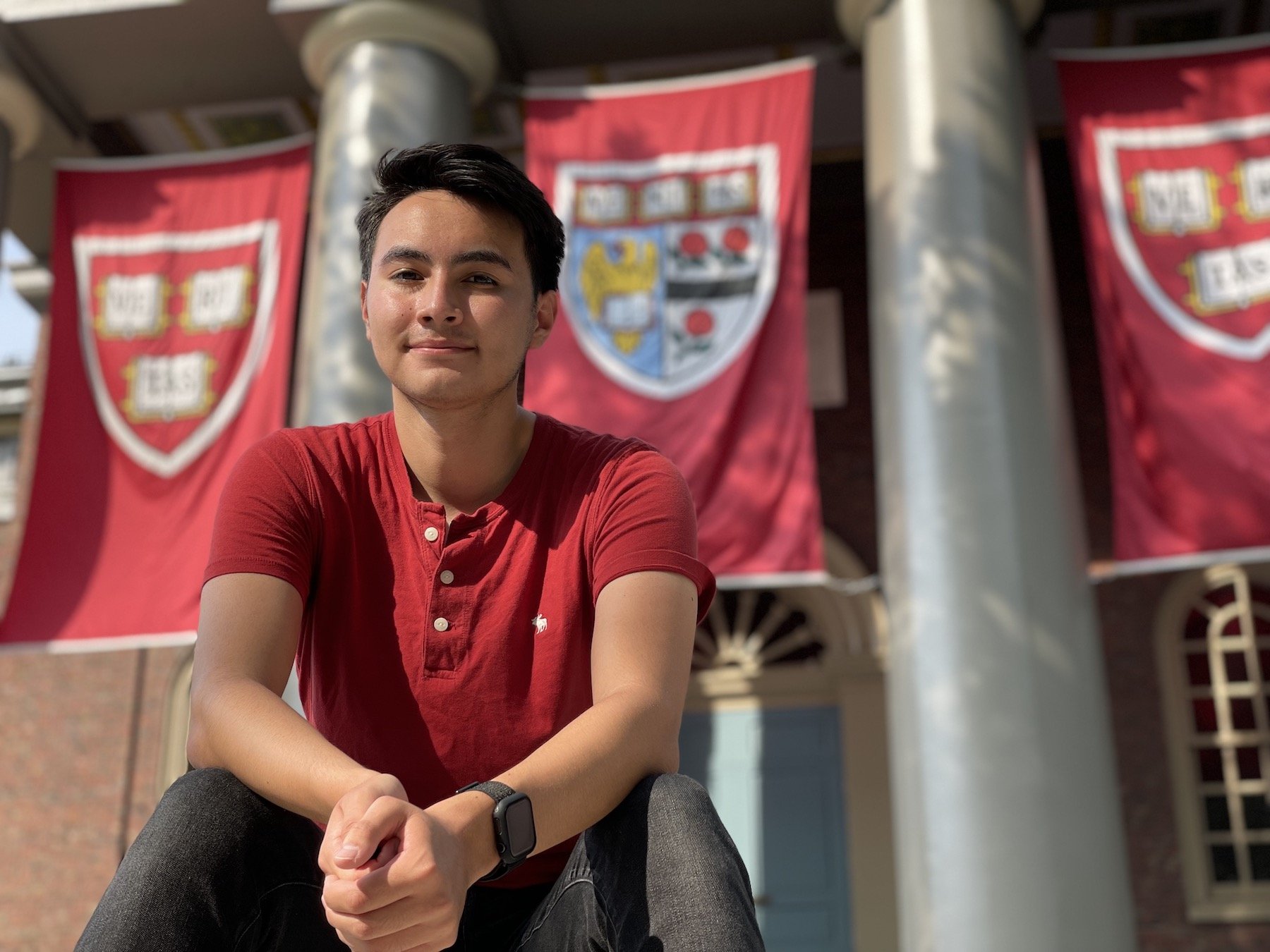High School Stem Leadership Applications close Sunday, Sept. 25
2022 Summer Teen Leaders prepare their lessons for local STEM programs. Pictured (from front left): Zach Banks, Sylvia Moores, Micah Castro, Riley McNamara, Kimberly Jaimes-Rodriguez, Yajahira Nunez, Ian Castaprogneda, Collin Schecter and Katie Bolte.
From Columbia Gorge STEM Hub:
The Dalles, OR – The Columbia Gorge STEM Hub Teen STEM Leaders fall cohort application closes Sunday, September 25.
This is a paid leadership training program for high school youth that unites scientific knowledge with emotional understanding and social-emotional learning skills in afterschool youth programs.
“The ‘Learning to Lead’ project teaches leadership and employability skills while at the same time addressing mental and emotional health needs of students,” said program instructor and Wasco 4-H STEM Coordinator Lu Seapy.
The project is made possible through a $65,000 grant to the Columbia Gorge STEM Hub and sponsored by the Oregon Community Foundation.
“This is a region-wide grant that will serve Hood River, Gilliam, and Wasco Counties with a potential three-year life span,” said instigator and former STEM Hub Director, Christy Christopher.
In this grant, teen leaders will gain professional and social-emotional learning (SEL) skills through a career-connected service learning project incorporating VEX robotics and STEAM maker activities. The focus of the grant is to provide youth with increased access to engineering and computer science career exploration supported by paid community teen leaders.
The program aims to boost exposure to diverse role models, by employing near-peer “Youth STEM Leaders” who will support the STEM programming at partner sites.
Teen Leader Kimberly Jaimes-Rodriguez assists youth learning about measurement, distance and data tracking in her work with the Hood River STEM Bus.
To prepare for their role as community teen leaders, high school youth participate in up to 20 hours of paid training in reflection, inclusion, empathy, and conflict resolution skills.
Collin Schecter, a junior at The Dalles High School, said, “The teen leader training helped us better understand how younger students think and act. I liked that each Teen Leader is able to create their own lesson plan or section of a summer camp or program. This allowed us to be more involved in the planning of the camps and allowed us to create content that we thought that students would like.”
“The focus in the training is teaching specific activities that incorporate social and emotional learning into STEM programs. We focus on what makes a successful learning environment that addresses the intellectual and emotional needs of the child,” said Seapy.
Upon completion of the training, teens worked up to 60 hours in community education sites. This summer 10 teens from Hood River and The Dalles were employed at the Hood River STEM Bus, Hood River Parks and Recreation, and Wasco County 4-H STEM programs in Dufur and The Dalles and the Columbia River Gorge ESD Migrant Education program.
Youth decipher nutrition information and explain to teen leader Rayanne Notbolm what makes a healthy meal in a Wasco County 4-H cooking camp.
As part of her work experience, teen leader Rayanne Notbolm of The Dalles taught students coding using a Microbit microcomputer. Notbolm led youth in programming their name in LED’s and including an emoji showing how they were feeling.
“I liked that we each planned and presented a lesson during one of the camps. It was fun to watch students enjoy learning new things in many STEM areas,” Notbolm said.
Support Local news
Available to everyone; supported by readers
Teaching youth to recognize their emotions, articulate them, and then act appropriately is key to SEL education.
“In education, we are seeing an increasing wave of mental health and behavioral issues resulting from the pandemic that makes learning difficult,” said Seapy. “This program is aimed to combat that and teach solid career-connected learning at the same time.”
“The collaboration between 3 counties and 6 organizations will allow for enhanced outreach to groups traditionally underrepresented in STEM (specifically LatinX, girls, and rural youth),” said Christopher. This school year, the program hopes to expand through Gilliam County 4-H as well.
Families interested in learning more about the “Learning to Lead” project can contact lu.seapy@oregonstate.edu or call 541-298-4004.




